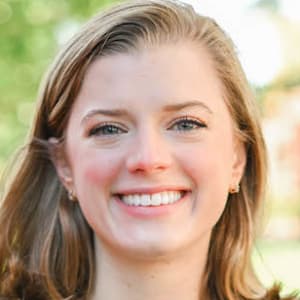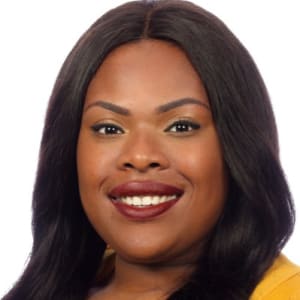
Madison, E Richards

Uchenna Ndukwe
 Madison, E Richards |  Uchenna Ndukwe |
Madison E Richards, Uchenna Ndukwe
Olivia Sheridan
Preventive & Restorative Sciences, University of Pennsylvania School of Dental Medicine
Project Overview
The focus of our discussion be what we learned in our experience treating patient M. M. She is a 27-year-old female who recently immigrated as a refugee from Afghanistan, and her oral health has been of utmost concern to her. Although M. M. speaks some English, her primary language is Dari so the majority of our communications were through a translator. She presented to the Vulnerable Populations clinic with multiple carious lesions, endodontic infections, areas of discomfort, and esthetic complaints, all of which were high priorities for M. M. The goal of our work this year has been to discover what M. M.’s values and objectives are for care, and to create reasonable expectations for her outcomes all while relying on translational services.
Outcome
We took a truly patient-centered approach with M. M.’s care, attempting from her first visit to determine her treatment “goals.” This phrasing proved problematic, as the broad meaning of “goals” was lost in translation. Over the first few visits, we were addressing M. M.’s chief complaint of the day rather than working together towards an established treatment objective. For M. M., we replaced a lost anterior FDP with a provisional prosthesis prior to comprehensive treatment planning as poor esthetics caused her significant distress. Although we reshaped the provisional over successive visits, there was a disconnect between what we were asking M. M. and what she was conveying back. However, by rendering truly patient-oriented treatment, we were able to develop a more trusting patient-doctor relationship with M. M. and we were eventually able to determine her “long-term goals.” Over the course of our year in the Vulnerable Populations Clinic, we have learned that a good treatment plan is one that serves the patient, that you will learn more from your patients by revisiting topics, and that a reliable translator makes all the difference.